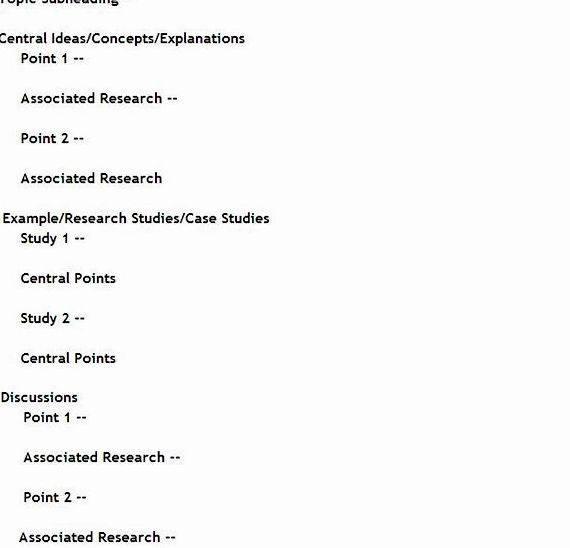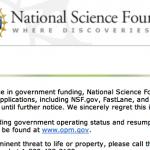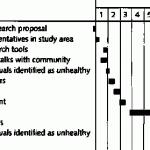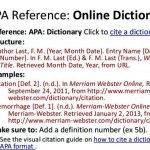Aims
It is important to remember that scientific inquiry is motivated by specific questions and that to write clearly you should have your question at the forefront of your mind throughout.
Allow this to guide flow of ideas on the page. Each thought should follow naturally from its precursor as you progress to an understanding of your claim and the evidence which supports it.
Who Are You Writing This Scientific Thesis For?
You cannot write a scientific report without using scientific jargon, and you should assume that your readers know as much about the discipline you are investigating as you do, but may not be as familiar as you are with the ins and outs of your particular method.
A Standard Structure
A scientific report is divided into several sections, each of which has a distinct purpose and its own tone. This forms a framework for your writing, and helps guide the flow of your ideas.
The introduction is your chance to set the particular issue of your report in its broader context. Write a few lines explaining why a particular experiment or investigation is motivated, but do not include details here.
We will investigate the effects of methane on climate change. Millions of tones of methane are released into the atmosphere every day and the potency of the effects methane as a greenhouse gas has recently been a point of some contention in the scientific community.
This will most often take the form of a hypothesis, that is a concise and, most importantly, measureable claim.
E.g. Newton’s First Law
An object at rest remains at rest and an object in motion remains in motion with the same speed and in the same direction unless acted on by a force
Sometimes you will be looking for something more quantitative, for example, in an experiment to determine the speed of light, or the thickness of a human hair.
Bear in mind that repeatability is vital ; another researcher must be able to repeat your experiment, so make sure your work is clearly documented at every stage. Do not include, any actual results, any discussion of your method, any analysis or commentary at this stage. As always when documenting what you have done, writing in the paste tense is appropriate.
Include all data which you which you collect from your procedure. This means if for example you realize that your apparatus has been malfunctioning you do not need to include these results.
Lay it out intuitively and label the tables to aid referencing later.
Your analysis goes here, but you need not include every line of algebra. Your task here is to answer the questions you asked in the introduction.
Remember
- You should consider with every sentence, who you are writing for, and what in particular you are documenting.
- That any question at the start needs an answer by the end,
- And finally, your method must be repeatable, so always clearly detail your work.
RATE THIS RESOURCE:
Aims
It is important to remember that scientific inquiry is motivated by specific questions and that to write clearly you should have your question at the forefront of your mind throughout.

Allow this to guide flow of ideas on the page. Each thought should follow naturally from its precursor as you progress to an understanding of your claim and the evidence which supports it.
Who Are You Writing This Scientific Thesis For?
You cannot write a scientific report without using scientific jargon, and you should assume that your readers know as much about the discipline you are investigating as you do, but may not be as familiar as you are with the ins and outs of your particular method.
A Standard Structure
A scientific report is divided into several sections, each of which has a distinct purpose and its own tone. This forms a framework for your writing, and helps guide the flow of your ideas.
The introduction is your chance to set the particular issue of your report in its broader context. Write a few lines explaining why a particular experiment or investigation is motivated, but do not include details here.
We will investigate the effects of methane on climate change. Millions of tones of methane are released into the atmosphere every day and the potency of the effects methane as a greenhouse gas has recently been a point of some contention in the scientific community.
This will most often take the form of a hypothesis, that is a concise and, most importantly, measureable claim.
E.g. Newton’s First Law
An object at rest remains at rest and an object in motion remains in motion with the same speed and in the same direction unless acted on by a force
Sometimes you will be looking for something more quantitative, for example, in an experiment to determine the speed of light, or the thickness of a human hair.
Bear in mind that repeatability is vital ; another researcher must be able to repeat your experiment, so make sure your work is clearly documented at every stage. Do not include, any actual results, any discussion of your method, any analysis or commentary at this stage. As always when documenting what you have done, writing in the paste tense is appropriate.
Include all data which you which you collect from your procedure. This means if for example you realize that your apparatus has been malfunctioning you do not need to include these results.
Lay it out intuitively and label the tables to aid referencing later.
Your analysis goes here, but you need not include every line of algebra. Your task here is to answer the questions you asked in the introduction.
Remember
- You should consider with every sentence, who you are writing for, and what in particular you are documenting.
- That any question at the start needs an answer by the end,
- And finally, your method must be repeatable, so always clearly detail your work.
RATE THIS RESOURCE:




 Le gouvernement des juges dissertation proposal
Le gouvernement des juges dissertation proposal Lart est inutile dissertation proposal
Lart est inutile dissertation proposal Operations research phd dissertation sample
Operations research phd dissertation sample Lalbatros de baudelaire dissertation writing
Lalbatros de baudelaire dissertation writing Cite online dissertation apa reference
Cite online dissertation apa reference






